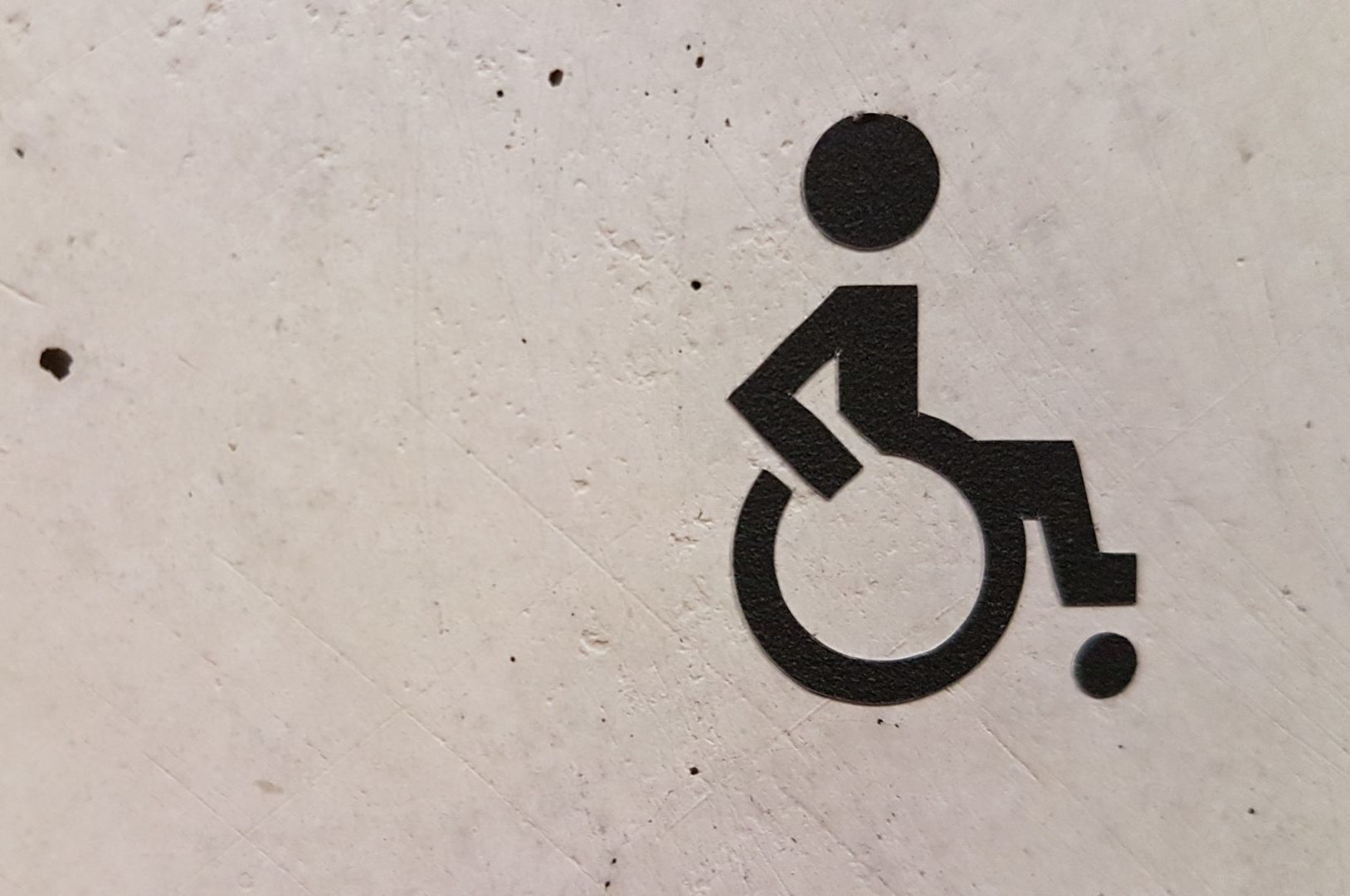
Misha Heselwood, a resident at our Victoria House site shares her story about her accident and how she is more than just a chair.
To support Misha’s story, Renovo’s Consultant Clinical Neuropsychologist Dr Anita Rose explores our fear of communicating with disabled people.
Research conducted in 2014 indicated that two-thirds of the British public feel uncomfortable talking to disabled people. They reported a fear of seeming patronising or saying the wrong thing and therefore will actively avoid communicating with disabled people.
Whilst headlines reporting on this research indicated the results of the study were “shocking” people, like Misha, were not surprised. Daily they face being ignored, avoided or never being spoken to; it is as though they do not exist.
I have the amazing privilege to work in an environment where I meet the most incredible people all of whom have been affected by brain or spinal injuries or other neurological conditions. They all communicate in many different ways from using high tech equipment or communication aids through to what society accepts as “normal speaking”. Communication is vitally important and every individual I see has things to say – amazing stories and facts; opinions about their care, society and the people around them; decisions they make and their aspirations for the future. Everything every human on the planet wants to talk about.
Misha eloquently tells us all she has things to say: she has opinions and wants to be asked her thoughts, to talk about life in general, to tell you want she wants. She is a voice piece for those Renovo care for; reminding them she exists as do all our residents and patients – they are not “disabled” but indeed they are very “able”.
So when you are in the company of those who society class as disabled, here are some tips to help overcome the fear that research indicated the majority of British people have:
“Human beings are an incredibly inconsistent bunch. What works for one of us may make another’s skin crawl. This is especially true in the case of people with disabilities, and since disability is such an emotionally charged topic, you’re bound to offend somebody somewhere at some point.” Susie Levett
SHARE